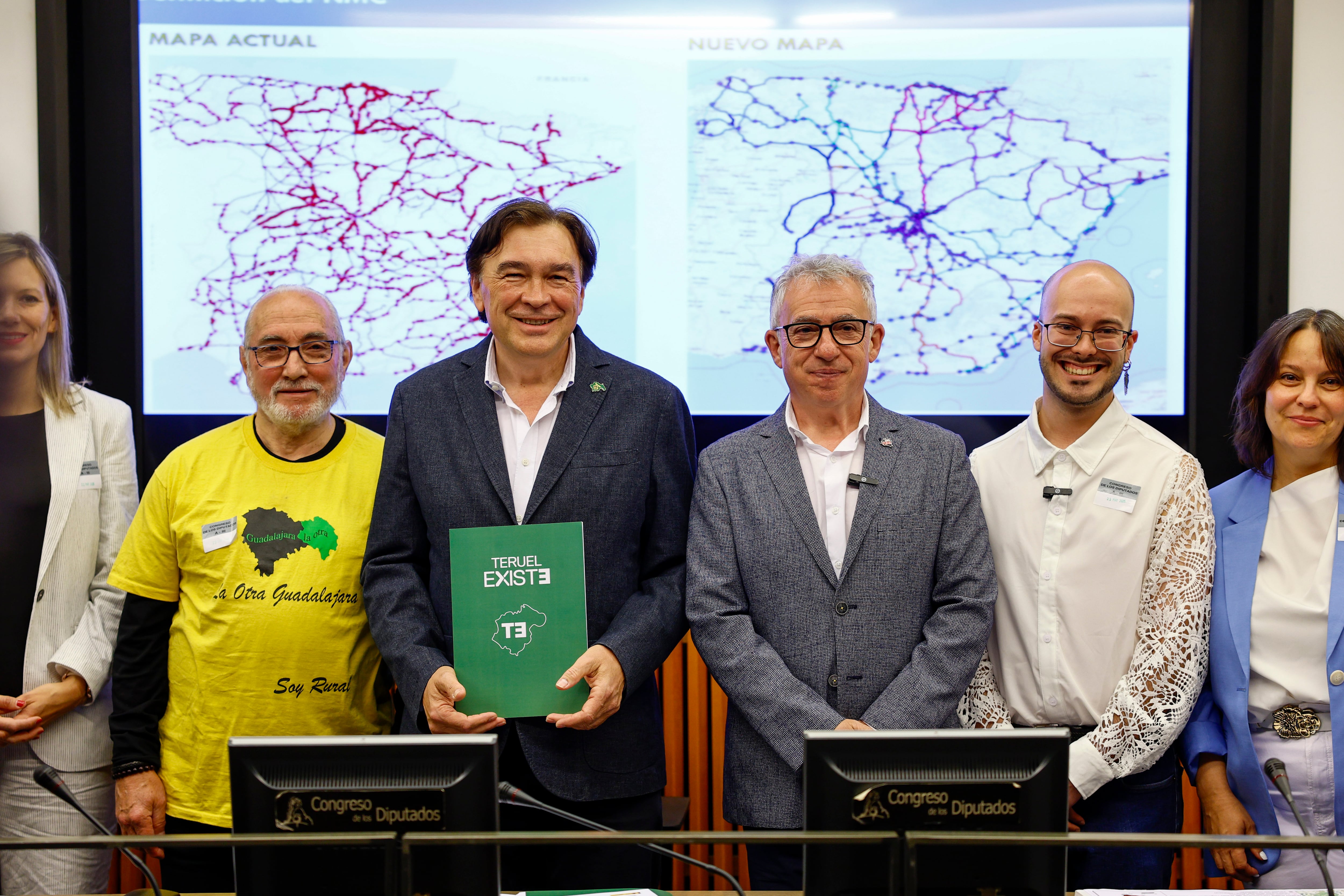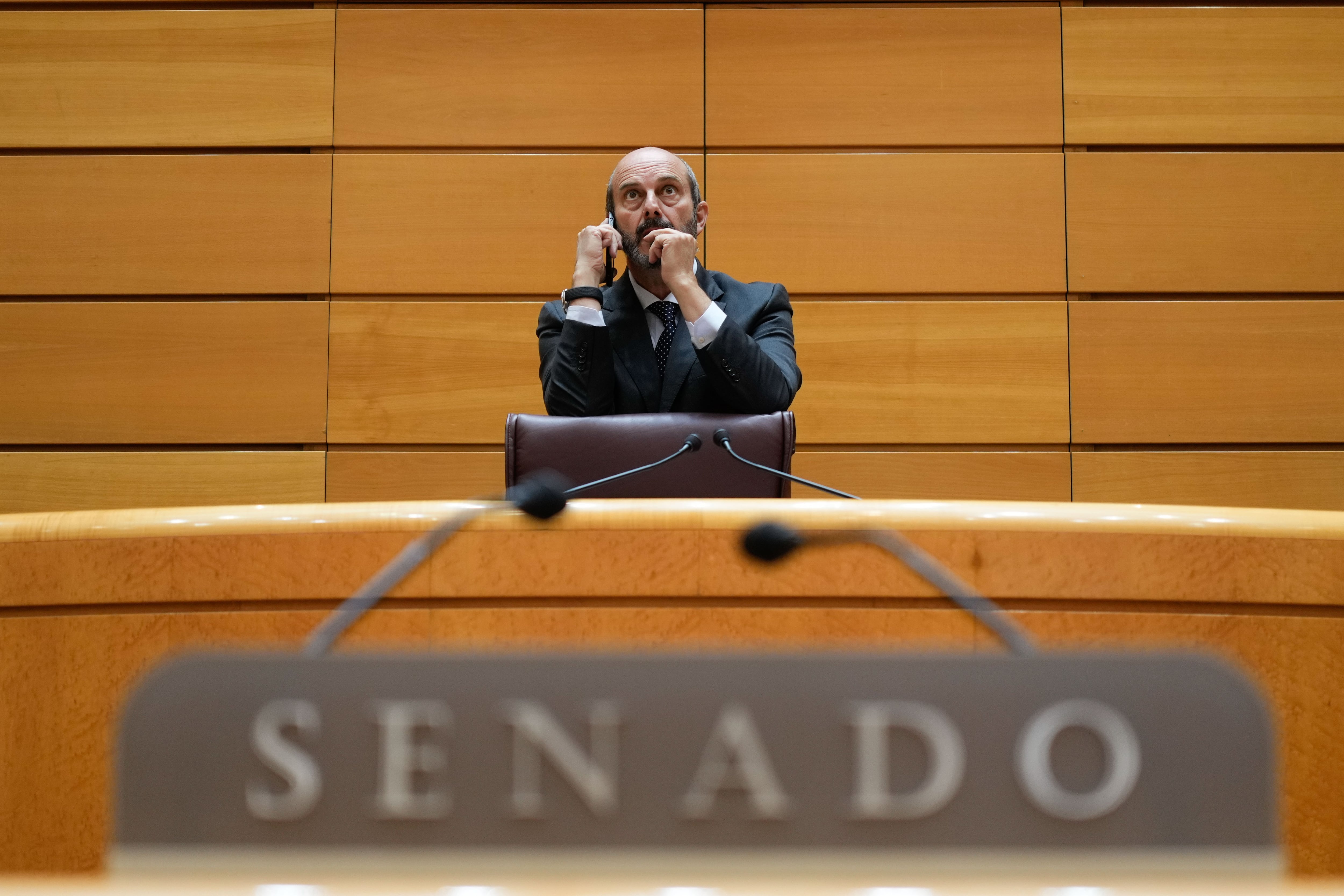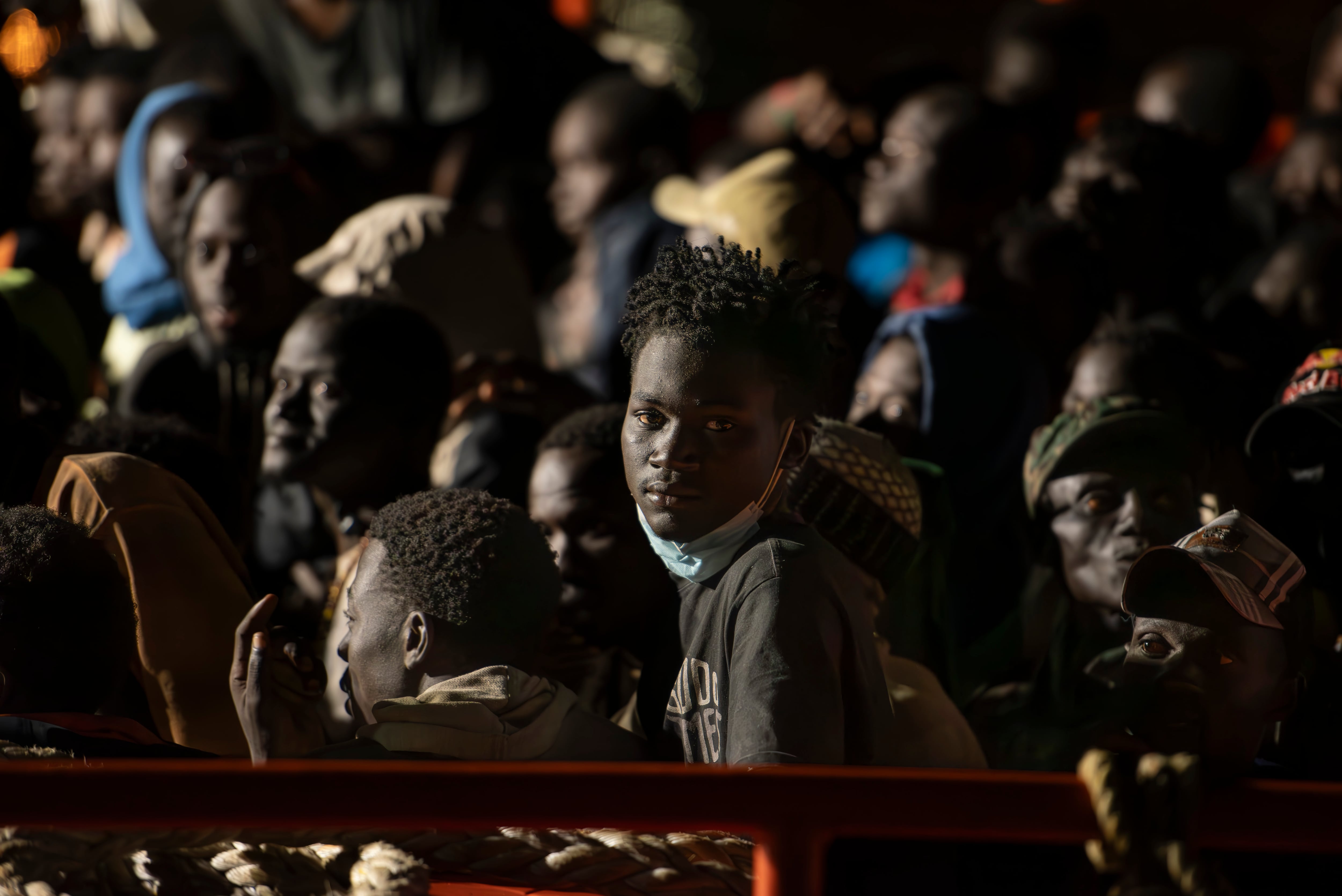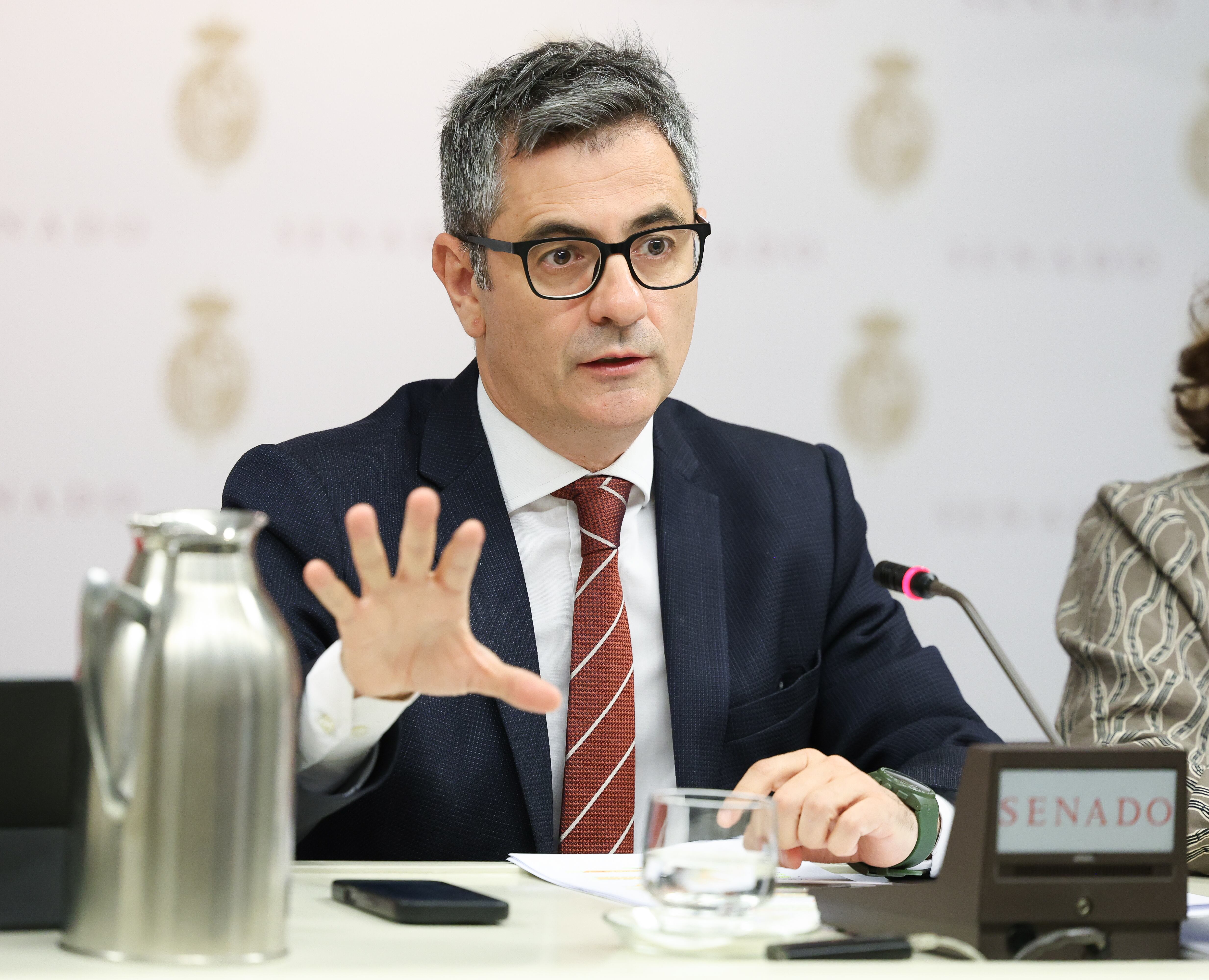Less bus stops for empty Spain: « Either you have a car or your rights are reduced » | Spain

The provinces of Cuenca, Guadalajara, Soria and Teruel have led to the Congress of Deputies their opposition to the draft law that provides for hundreds of bus stops throughout the country. Institutional representatives and several organizations of emptying Spain showed this Friday their rejection of TRANSPORTATION TRANSPORTATION MAP BY ROAD That the Ministry of Transport and Urban Mobility has developed and that will cut in 75% the interprovincial bus routes, moving from the current 1,912 to just 495. The measurement, these groups denounced in a press conference in the lower house, will affect 1,417 municipalities, mostly in scarcely populated areas. « This goes against all territorial cohesion policies that claims to defend the State, » said Tomás Guitarte, spokesman for Teruel exists in the courts of Aragon.
The so-called Corridor 12, which covers the Madrid-Cuenca-Teruel-Valencia and Madrid-Guadalajara-Teruel-Valencia routes, at this time in the phase of allegations, it will be the first to start. « If this sneaks, they will continue with the rest of Spain, with the 22 runners, » Guitarte added. The start -up of the new state -road transport model will translate into 54 less stops in Teruel, 40 in Cuenca, 33 in Soria and 28 in Guadalajara. « The Sustainable Mobility Law – in which it is framed The restructuring undertaken by the Ministry of Transportation– It is a nonsense for Spain emptied in general and for Cuenca in particular, ”said David Cardeñosa, Coordinator of Cuenca now and councilor at the Tarancón City Council, who warned that the measure will deprive neighbors who depend on this transport to access educational, health and administrative services.
The department of Óscar Puente justifies the measure in efficiency and profitability criteria. The suppression of intermediate stops will reduce the travel time between provincial capitals and reduce the price of the tickets in a corridor, which communicates Madrid with Valencia, which competes with high speed and air transport. « Six minutes is what is intended to cut the journey between Cuenca and Madrid leaving only two stops throughout the line, one of them even in Cuenca territory. Six minute thanks to eleven stops eliminated, » said Cardeñosa, who recalled that the measure will be added to the closure, in 2023, of the conventional railway line that Madrid communicated with Valencia and that stopped in several locations. The Province of Cuenca, like many others with extensive territories and little population, has centralized a good part of its services in its capital.
A similar situation will be lived in Guadalajara. « With the new concessional map and only in this corridor 12, the province of Guadalajara loses no less than 28 stops, between the last stop in the province of Teruel and Guadalajara capital, » said Agustín Ruiz, representative of this platform. « The inhabitants of the villages know what that means: the death of our territories and more in places that, as we know, have in general with an aging population. » « And what really means in our villages? Well, you have a car or your rights are reduced. Your rights of access to health, leisure, food services. It supposes that a 16 -year -old girl of Almarza, in Soria, cannot go with her friends to the cinema or take a pizza if her father does not take her because there is no transport, » Angel Ceña exemplified, spokesman for Soria now!in his speech at Congress.
Castilla-La Mancha asks for more financing
The municipalities and the affected communities, of different political sign, announce allegations to the new concessional model. This is the case of Tarancón or Cuenca, both governed by the PSOE, and the Government of Castilla-La Mancha, which opposes the restructuring of the service not only for the cut in the stops but also because of the cost it will be for the communities that, according to the preliminary draft, must assume the provision of the routes that pass in full within their territory. In the case of Castilla-La Mancha that expense is calculated at about 13 million euros. « We ask the Ministry for sufficient financing to assume the service and provide the traffic, » sources of the Ministry of Development, which also claim to know the schedules of the new expeditions to « be able to coordinate with our network and serve users who must connect to the corridor in question, point to El País. »
Emiliano García-Page executive He considers that « priority is being given to a system based on transfers and nodes, with the discomfort that this means » and believes that the reduction in the travel times that are used in the new model « will not materialize by the need for coordination » with the autonomous transport network. The Regional Government also rules out the efficiency that the Ministry alleges since the total public spending that both administrations must assume will be higher than the current one having to increase the necessary expeditions to reach the nodes in which the transfers can be made. The connectivity of The depopulated areas It is one of the objectives of Castilla-La Mancha, which for several years is implementing a transport model on demand, with minibuses and taxis, which users can request through a mobile application or a call center.







